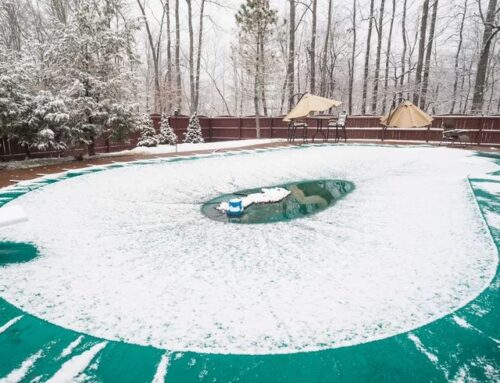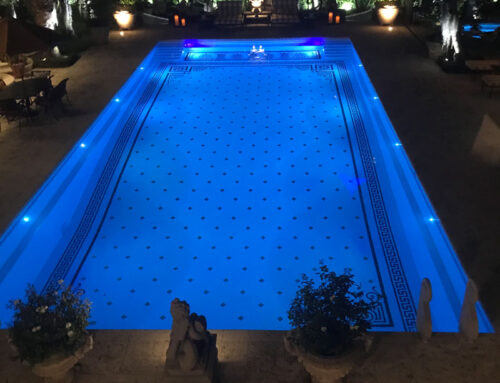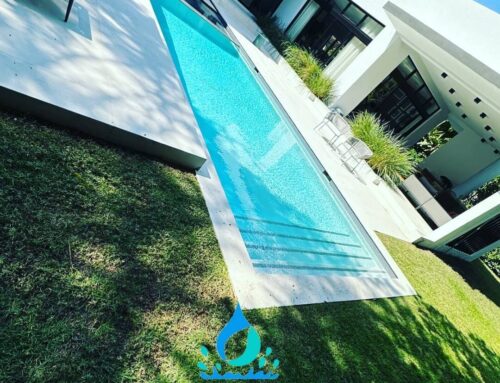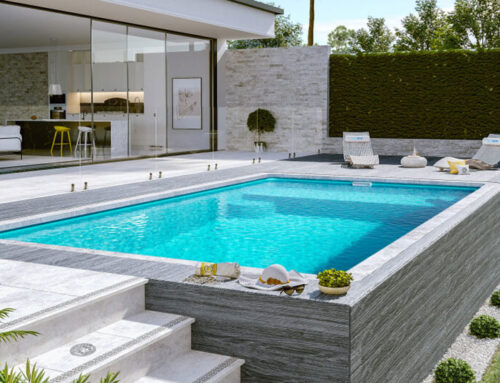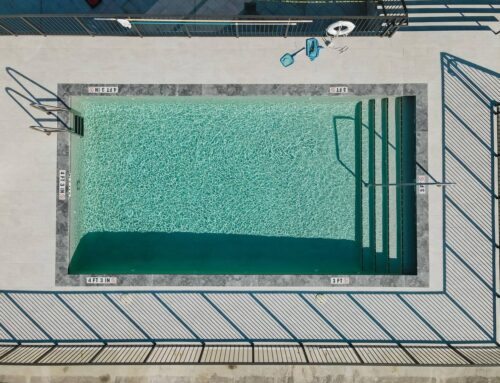Choosing the Best Above-Ground Pool for Your Home
A high-end above ground pool can add a lot of fun to your home. You can use it for hosting parties, relaxing on a staycation, or just making your backyard look nice. Above-ground pools are a great option, especially if you don’t have time to wait for a built-in pool.
Above-ground pools are quick and affordable to set up. Plus, they’re easy to remove if your needs change. Let’s explore the different types of above-ground pools and see which one might be the best fit for your backyard.
GET A FREE QUOTE
CONTACT US AT (305) 590-5263
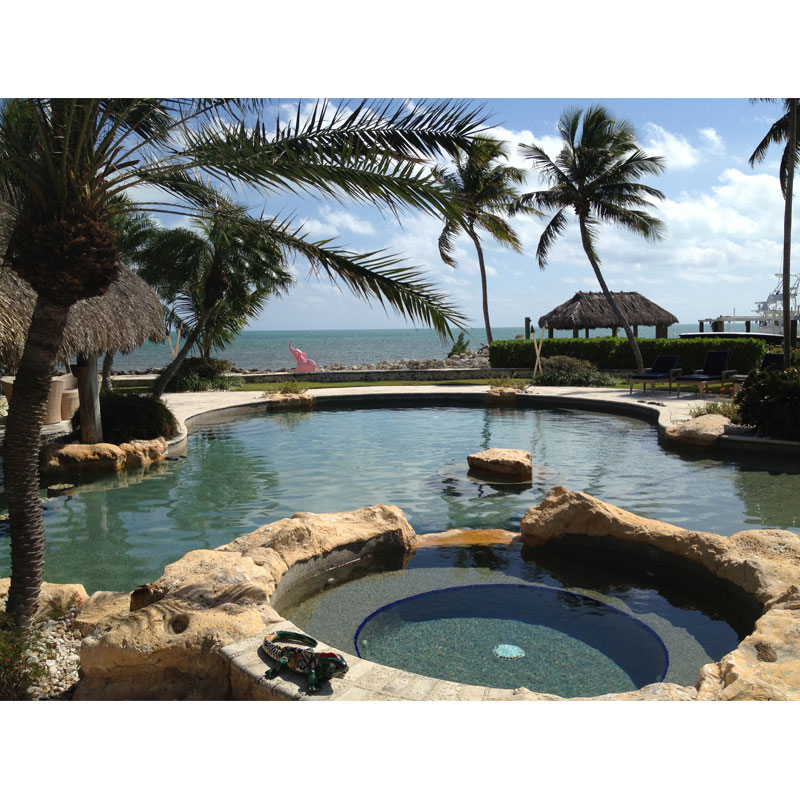
Types of Above-Ground Pools
Steel Pools
Steel pools are known for their strength and durability. They often use a mix of metals, usually coated with heavy layers to prevent rust. These are considered some of the best above-ground pools available.
Hybrid Pools
Hybrid pools combine the benefits of steel and resin. This mix of materials offers both durability and longevity, giving you the best of both worlds.
Resin Pools
Pools made from resin are resistant to rust and corrosion, unlike steel or aluminum pools. They also resist warping and denting, making them a durable and stylish choice.
Aluminum Pools
Aluminum pools have become popular in the last 10 to 15 years because they handle bad weather well. They resist rust and are coated to prevent corrosion. Aluminum is more flexible and easier to take apart than steel, making it a convenient option.
Optimum Pools
Optimum pools are highly versatile and can fit in almost any yard, even on uneven ground. Made with aluminum and stainless steel, they are strong and easy to assemble. You’ll be swimming in no time!
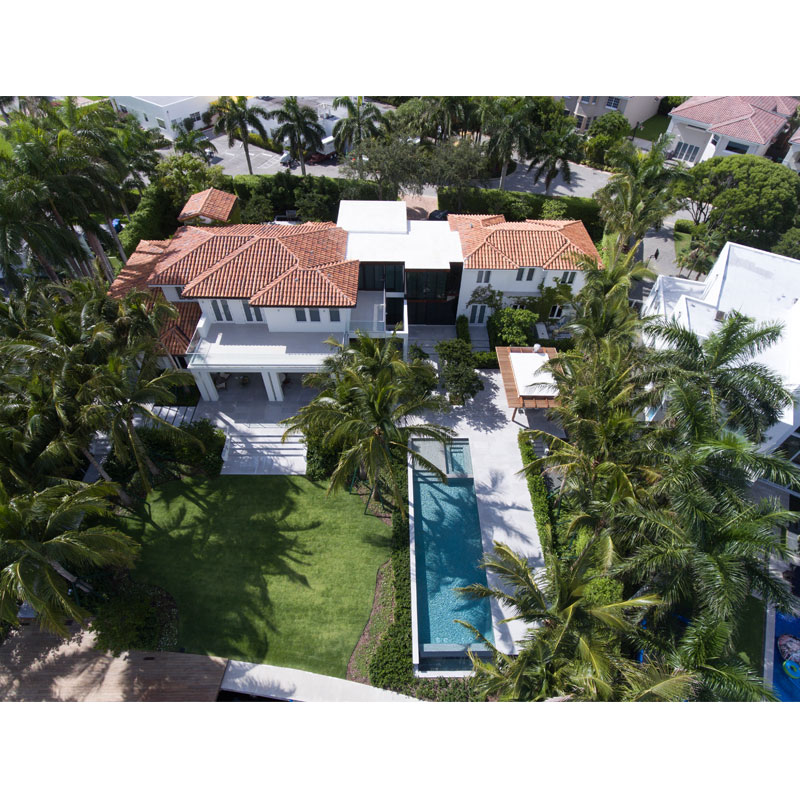
Things to Consider When Buying an Above-Ground Pool
Location
Where you put your pool matters. Choose a flat, sunny spot without too many trees. This keeps the pool warmer and cleaner. If your yard is sloped, it might be more expensive to install a pool, and you may have fewer options to choose from.
Shape
Do you prefer a rectangular, circular, oval, or a freeform shape? Most above-ground pools come in simple shapes like rectangles, circles, or ovals. If you want a unique shape, fiberglass pools are a good option since they can be molded to fit.
Pool Features
Think about any features you might want, like lights, fountains, automatic cleaners, or heaters. These extras can affect your pool choice. For example, you can’t install lights on a vinyl-lined pool or most steel pools. Also, heaters and automatic cleaners require specific setups that might limit your options. When considering a high-end above ground pool, ensure it is compatible with the features you desire for the ultimate backyard experience.
Pool Filters
You’ll need a pool filter to keep the water clean. The main types are sand filters and DE (diatomaceous earth) filters. Sand filters are common, easy to maintain, and affordable. DE filters are more effective at catching tiny particles but cost more and need a separate tank for the powder.
Chlorine vs. Saltwater
Chlorine is a traditional and easy way to keep your pool clean, but it can irritate some people’s skin and eyes. Saltwater pools are becoming more popular because they use a milder form of chlorine. However, saltwater systems are more complex and expensive because they require a salt generator to convert salt into chlorine. If you’re considering a high-end above ground pool, weigh the benefits of a saltwater system for a gentler swimming experience against the initial cost and complexity.
FAQs
What Should I Know Before Buying a Swimming Pool?
Understand the costs and effort needed to maintain the pool, including installation and chemicals. Learn how to test the water and adjust the chemical levels. Also, know how to clean and care for your pool.
How Hard Is It to Maintain a Swimming Pool?
Maintenance depends on your pool system. Chlorine pools with sand filters are the easiest to take care of. They need simple testing and adjustments, and sand filters only need cleaning once a season. DE filters are more complex and not recommended for beginners.
What Is the Most Common Pool Size?
The most common size is 16 feet by 32 feet. This size is big enough for many people to enjoy while still fitting in most backyards.
Contact us today!
Florida Pool Patio, Florida, has been the top luxury pool builder in the state for over 25 years. We have served thousands of families in South Florida. We promise to build the most luxurious and beautiful home retreat that will exceed your wildest dreams. Contact us now!
Our Pool Services in South Florida


